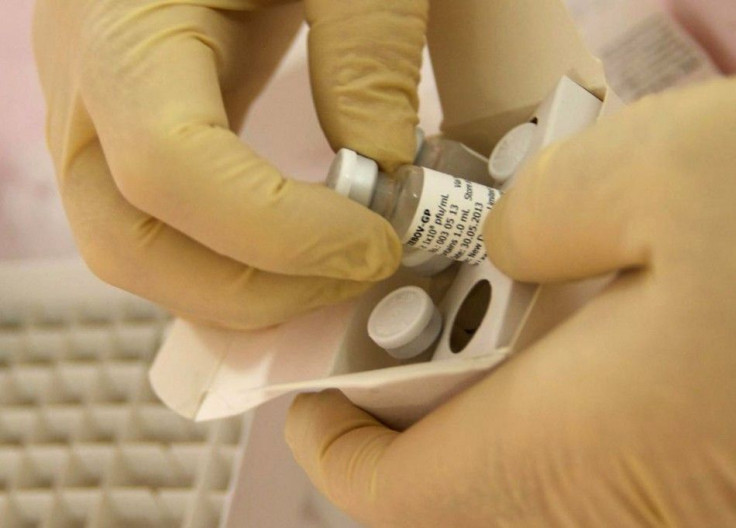WHO To Begin Human Trials On Promising Ebola Drugs By December; Ebola Now Has 70% Death Rate

The World Health Organisation has called on the world's health experts to decide on a promising experimental drug or treatment for rigorous testing to combat the Ebola outbreak in west Africa. Several treatments have showed promise like the recently developed experimental drugs and the blood from Ebola survivors.
Despite the existence of such treatments, WHO said none have been tested for effectiveness and safety in human patients. Some experimental drugs have been tested in animal models of Ebola and produced successful results in controlling the virus. Since ethics prevents scientists from deliberately infecting human volunteers with the Ebola virus, it is up to regulatory agencies like WHO to consider the transition of testing from animals to infected human patients, according to a TIME report.
Reports said WHO is currently reviewing information from 18 Ebola patients who were treated outside of West Africa. Medecins Sans Frontieres or Doctors Without Borders have recently announced they will begin three trials of experimental therapies at its own centres by December.
The international aid organisation will help a group of researchers from around the world test blood from Ebola survivors. Two experimental drugs - favipiravir and brincidofivir, will aslo be tested. Both drugs, initially developed to control other viruses, are expected to interrupt the ability of the virus to replicate.
After evaluating different types of experimental drugs, the WHO committee prioritised manufacturers who were able to produce large amounts immediately. ZMapp, the drug used to treat U.S. aid workers Dr Kent Brantly and Nancy Writebol, is promising but is only available in small quantities.
WHO has found that the drugs favipiravir, brincidofivir, toremifine and interferons can be used for accelerated testing since they can be manufactured in sufficient doses. While there is still little evidence that the drugs can eradicate Ebola, their supply makes them good candidates for testing on Ebola patients in west Africa.
More than 5,100 people have died in the region due the Ebola outbreak in Liberia, Guinea and Sierra Leone. Four people have died from the virus in recent weeks in Mali as authorities attempt to contain a second outbreak and monitor at least 250 individuals. The WHO said 14,413 cases of Ebola have been recorded with a fatality rate of 70 percent.





















